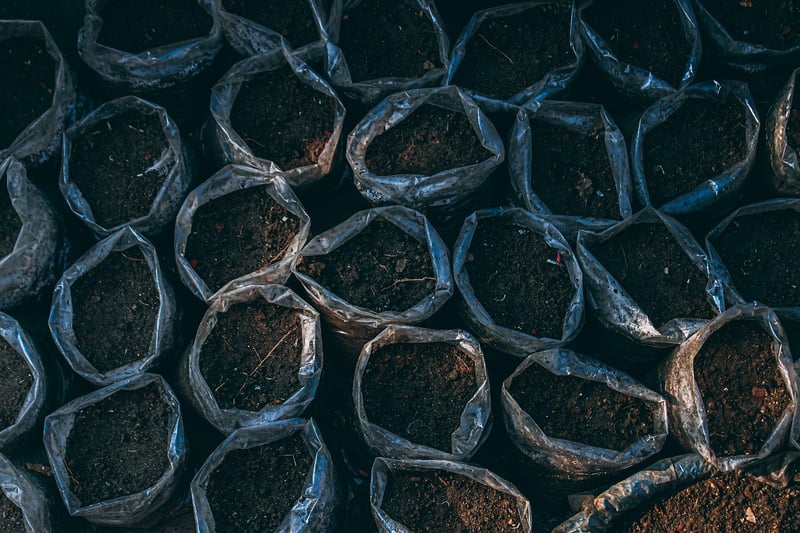Soil Health
Tips for Healthy Plants and Soil Health
Introduction
Having healthy plants starts with nurturing healthy soil. By understanding the importance of soil health and implementing proper care techniques, you can ensure vibrant and thriving plants in your garden or home. Here are some tips to help you achieve both healthy plants and soil.
1. Choose the Right Soil
Start with the right soil for your plants. Different plants have different soil requirements, so it's essential to select soil that suits the specific needs of your greenery. Whether it's sandy soil for succulents or rich loamy soil for vegetables, the right soil provides a solid foundation for plant growth.
2. Provide Adequate Drainage
Proper drainage is crucial for plant health. Ensure that your pots or garden beds have drainage holes to prevent waterlogging, which can lead to root rot. Good drainage allows excess water to escape, keeping the roots healthy and promoting optimal plant growth.
3. Regularly Test and Amend Soil
Regularly test your soil to check its pH levels and nutrient content. Based on the results, amend the soil with organic matter, compost, or fertilizers to provide essential nutrients for your plants. Healthy soil results in healthier plants with improved resilience against diseases and pests.
4. Mulch for Moisture Retention
Applying mulch around your plants helps retain moisture, regulate soil temperature, and suppress weed growth. Organic mulches like wood chips or straw break down over time, enriching the soil and enhancing its structure.
5. Rotate Crops
If you have a vegetable garden, practice crop rotation to maintain soil health. Rotating crops helps prevent depletion of specific nutrients in the soil and reduces the buildup of pests and diseases that target certain plant species. It also promotes overall soil fertility.
6. Compost Kitchen Waste
Start a compost bin to recycle kitchen scraps like fruit and vegetable peelings, coffee grounds, and eggshells. Compost enriches the soil with organic matter, improves soil structure, and enhances its water-holding capacity. It's a sustainable way to nourish your plants and reduce waste.
7. Avoid Overuse of Chemicals
Avoid over-reliance on chemical fertilizers and pesticides, as they can harm beneficial soil organisms and disrupt the natural balance of the soil ecosystem. Opt for organic alternatives or natural pest control methods to maintain a healthy soil environment for your plants.
Conclusion
By following these tips for healthy plants and soil health, you can create a thriving garden filled with lush greenery and vibrant blooms. Remember that healthy soil is the foundation for healthy plants, so prioritize soil care alongside plant care for long-term gardening success.

For more information on soil health and plant care, check out Building Soils for Better Crops.
